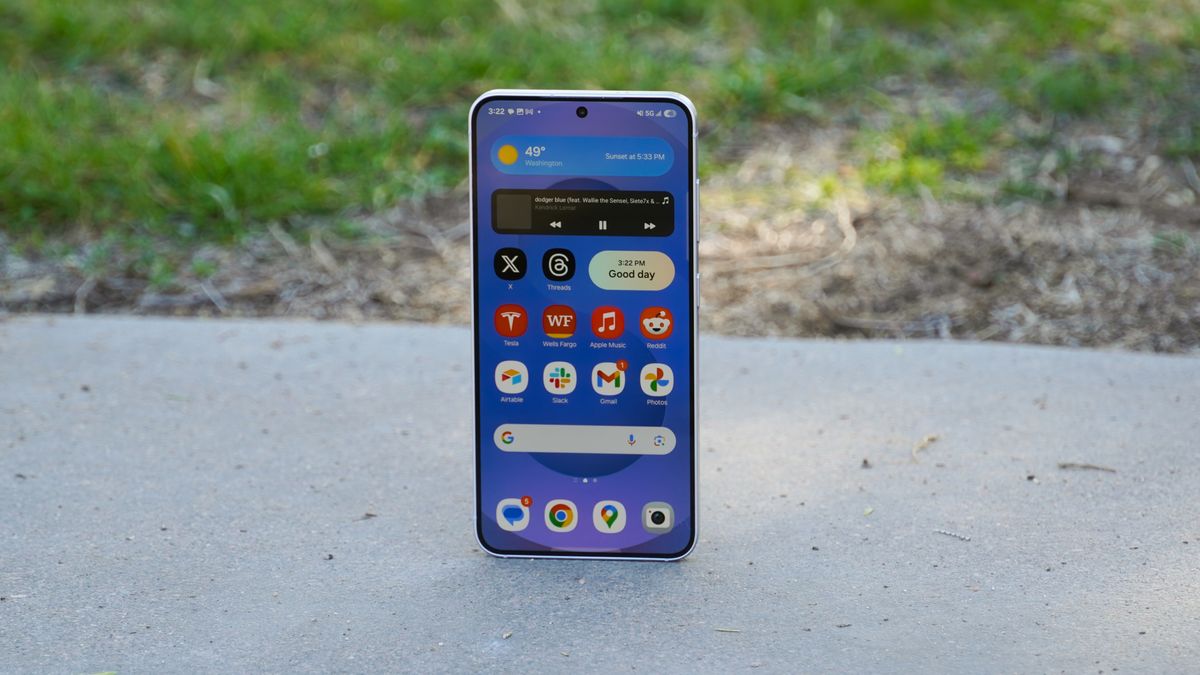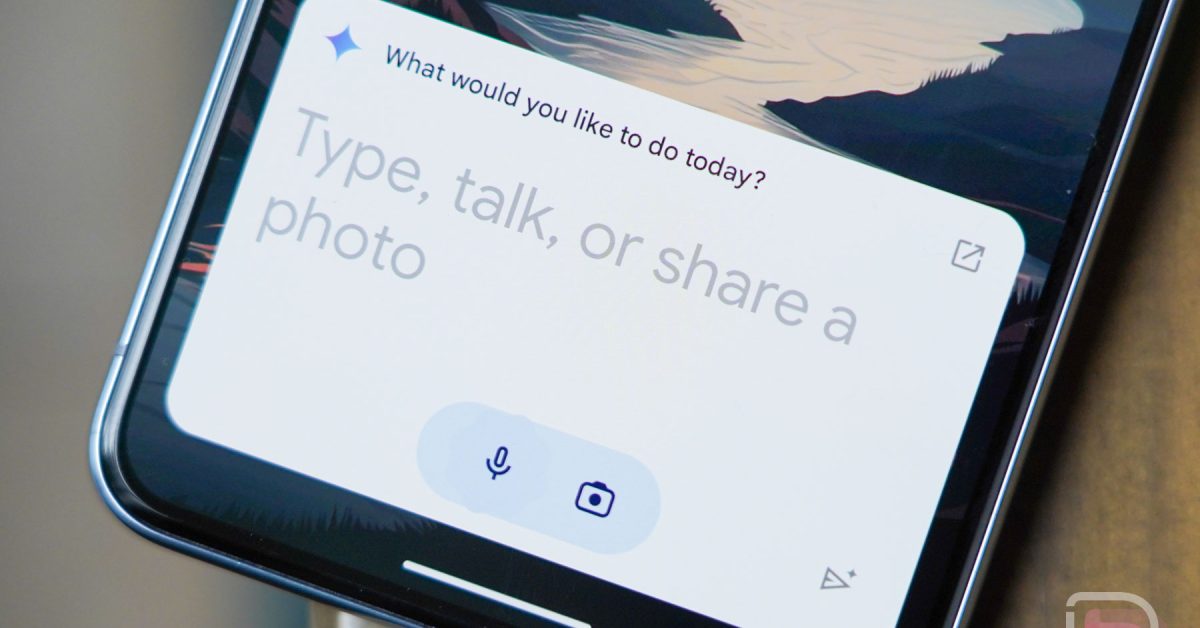Hackers' New Trick: Bypassing Multi-Factor Authentication with Shocking Ease

Why Multifactor Authentication Falls Short: The Limitations of One-Time Passwords and Push Notifications
In our increasingly digital world, cybersecurity has become a critical concern for individuals and organizations alike. Multifactor authentication (MFA) has long been touted as a robust defense against unauthorized access. However, the traditional methods relying on one-time passwords (OTPs) and push notifications are proving to be surprisingly vulnerable.
The False Sense of Security
One-time passwords and push notifications were once considered cutting-edge security measures. Users would receive a temporary code via SMS or a push notification to their mobile device, creating an additional layer of protection beyond standard passwords. But cybercriminals have become increasingly sophisticated, finding multiple ways to circumvent these seemingly secure methods.
Key Vulnerabilities Exposed
Several critical weaknesses plague these authentication methods:
- Social Engineering Risks: Attackers can easily trick users into revealing their OTPs through phishing attacks or sophisticated social manipulation techniques.
- SIM Swapping: Malicious actors can hijack phone numbers, intercepting SMS-based authentication codes.
- Notification Fatigue: Users often mindlessly approve push notifications, rendering the security mechanism ineffective.
The Human Factor
Perhaps the most significant weakness is human behavior. People are prone to making quick decisions, especially when bombarded with multiple authentication requests. This psychological vulnerability creates an opening that cybercriminals are eager to exploit.
Looking Forward: More Advanced Authentication
As cyber threats evolve, authentication methods must become more intelligent and adaptive. Biometric authentication, behavioral analysis, and context-aware security mechanisms are emerging as more robust alternatives to traditional MFA approaches.
Organizations and individuals must remain vigilant, continuously updating their security strategies to stay ahead of increasingly sophisticated cyber threats.








